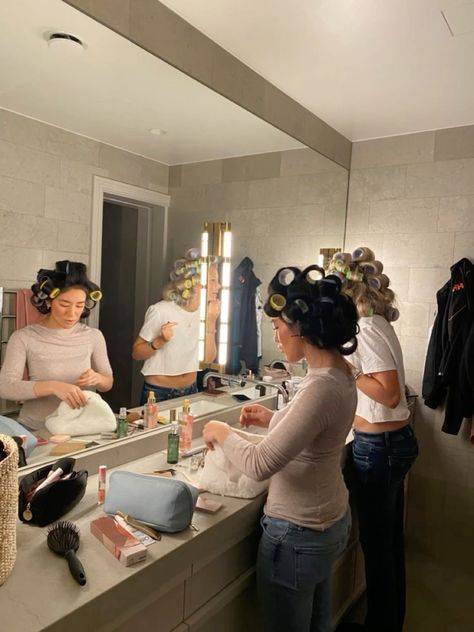Friendship Therapy: The Newest (and Best) Form of Self-Care

Bubble baths, yoga, and journaling are great, but let’s face it—sometimes, self-care looks a lot like laughing over coffee with your best friend or venting about life on a long walk together. Enter friendship therapy, the ultimate self-care hack that’s redefining how we think about wellness. It’s all about treating friendships as essential to your emotional and mental health, not just nice-to-haves. And guess what? Science backs this up.

Why Friendships Are a Big Deal
Friendships aren’t just about having someone to text memes to (though that’s a perk). They’re essential for your mental and physical well-being. Studies show that strong social connections can lower stress, improve mental health, and even help you live longer. The Mayo Clinic says friendships prevent loneliness, boost your sense of belonging, and offer emotional support when life gets tough.
On the flip side, a lack of meaningful friendships can lead to isolation and even physical health issues. Loneliness has been linked to heart disease, depression, and anxiety. Friendship therapy flips the script, focusing on making these bonds stronger to keep both your heart and mind happy.

Rethinking Self-Care
For years, self-care has been about solo activities—meditating, hitting the gym, binge-watching your favorite show. But friendship therapy argues that your wellness routine should also include time with friends. Think about it: a brunch date where you laugh till your sides hurt or a walk with a friend where you swap life advice. These moments are more than fun; they’re therapeutic.
Friendship therapy suggests that self-care isn’t just about “me time.” It’s also about “we time.” Building deeper connections and creating shared experiences with friends is just as important as any bubble bath.

Why Friendships Are Harder Than Ever
Let’s be real—modern life doesn’t make it easy to maintain friendships. Between packed schedules and the hustle culture obsession with “being busy,” it can feel impossible to prioritize personal connections. Social media doesn’t help much either. Sure, it keeps us virtually connected, but double-tapping a photo isn’t the same as a heartfelt conversation.
Friendship therapy encourages us to ditch the surface-level interactions and invest in fewer, deeper relationships. It’s about valuing quality over quantity and making time for the people who truly matter.
How to Level-Up Your Friendships
Ready to take your friendships to the next level? Here’s how to get started:
1. Be Present: Put down your phone. Seriously. Giving your undivided attention is one of the most meaningful gifts you can offer.
2. Make Time: Treat your friendships like your gym membership—schedule them regularly.
3. Get Real: Be vulnerable. Share your highs, lows, and everything in between. Authenticity builds trust.
4. Celebrate Together: From birthdays to job promotions, make a big deal about each other’s wins.
5. Apologize and Forgive: No friendship is perfect. Address misunderstandings, own up to mistakes, and let grudges go.
Friendship Therapy in Pop Culture
The importance of friendships isn’t a new idea, but it’s getting more attention lately. Books, podcasts, and even therapy sessions now emphasize the role of friendships in emotional health. Celebrities like Oprah Winfrey and Michelle Obama have publicly praised their friendships, crediting them as key to their success and happiness.
A Cultural Shift Toward Friendship
In Pakistan, where family ties are often prioritized, friendships are beginning to take their rightful place in the self-care conversation. Urban youth, in particular, are embracing the idea of friendships as emotional support systems. From friendship-themed cafés to group therapy sessions, there’s a growing appreciation for the role friends play in our well-being.
These trends also help normalize seeking emotional support beyond family, making room for a more holistic approach to mental health and relationships.
Why Friendship Therapy Matters
Friendship therapy isn’t just about having someone to call when you’re feeling down. It’s about building a network of people who make you feel safe, supported, and seen. In a world where loneliness is considered an epidemic, meaningful friendships might just be the best antidote.
So, the next time you’re planning a self-care day, skip the solo spa session and invite a friend instead. Whether it’s a coffee date, a weekend getaway, or just a long phone call, these moments can be just as restorative as any traditional wellness routine.
As C.S. Lewis beautifully put it, “Friendship is born at the moment when one person says to another, ‘What! You too? I thought I was the only one.’” Friendship therapy is about creating more of those moments—and cherishing them. It’s time to make your friends part of your self-care plan because sometimes the best care we give ourselves is the time we spend with others.
